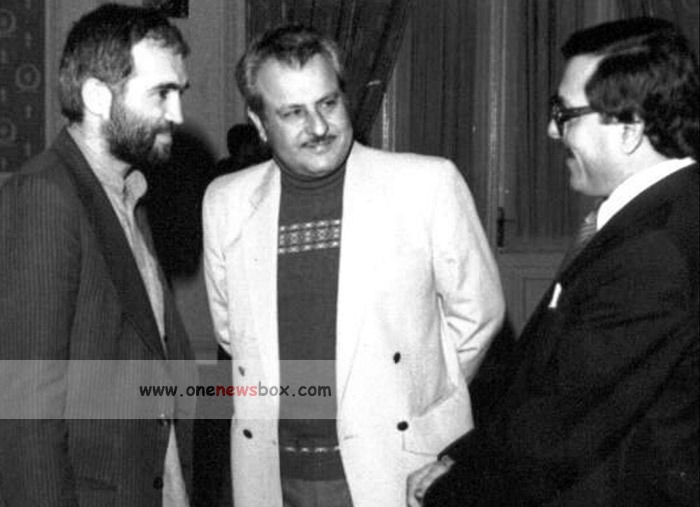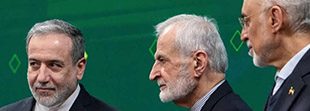Ahmad Tavakoli was an anomaly within Iran’s conservative political sphere. While his ideological roots were firmly planted in the Islamic Revolution of 1979 and its moral and political goals, he stood apart from many of his contemporaries in his consistent and vocal opposition to what he viewed as the militarization of civilian affairs in the Islamic Republic—particularly the growing economic and political influence of the Islamic Revolutionary Guard Corps (IRGC).
Throughout his political career—from his time as a member of parliament, to a minister in the early revolutionary cabinet, to the head of anti-corruption organizations in the 2010s—Tavakoli repeatedly warned that the military’s intrusion into civil, economic, and political sectors could pose long-term threats to Iran’s democratic structure and its revolutionary ideals. These warnings, issued despite Tavakoli’s allegiance to the Islamic Republic, often put him at odds with influential figures and institutions, including many in the IRGC itself.
The Rise of the IRGC in Civil Affairs
The IRGC was established in the aftermath of the Islamic Revolution as an ideological force to protect the nascent Islamic Republic from both internal and external enemies. Over time, however, especially after the end of the Iran–Iraq War in 1988, the IRGC’s mandate expanded far beyond military and security concerns. It began to play an increasingly central role in Iran’s economy, infrastructure projects, oil and gas sectors, telecommunications, and even electoral politics.

